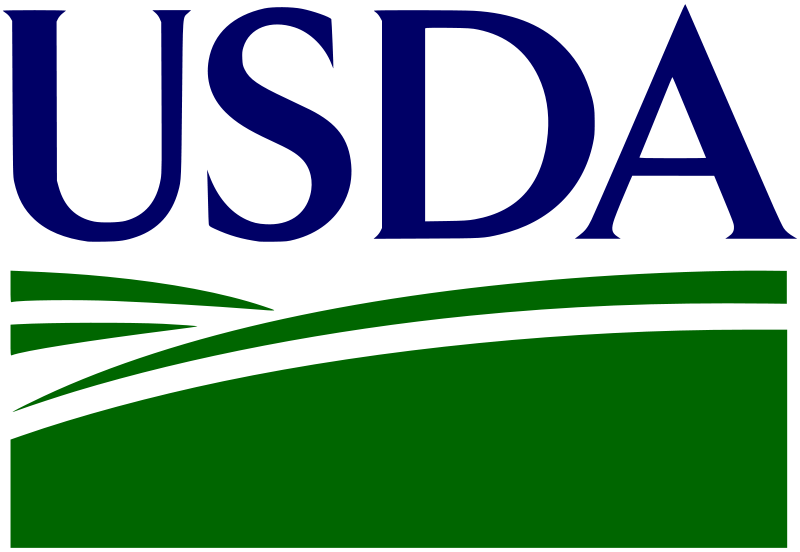NSF Economics Working Group meeting 4/1/13
To do before next meeting:
- Invite Sybil.sharvelle@colostate.edu to the next meeting
- Build a toy model and compare CGE vs. Aquarius
- Allie and Travis will build the model
- Meet with Andre to evaluate the pro’s and con’s
Topics discussed:
- How models will interact
- How working groups will interact including timeline
- Temporal and spatial detail
Social responsibility measure, i.e. equity
- Economics usually begin with the efficient solution and then look into equity. Equity could be a vulnerability index that we include.
Spatial/temporal detail
- SWAT model will use 12 digit watersheds
- Will always run on a daily basis, but our analysis will be monthly most likely
- Census block group is the lowest level of spatial detail, we will work up from there
- For irrigation purposes: how much water is allocated to each ag irrigation district from economic model
- Potential spatial/temporal detail: irrigation district and cities, monthly or yearly
- 20-50 irrigation districts in the south platte
Potential model
- Maybe use a modified version of the Aquarius model for our analysis instead of a CGE
- If linking a CGE and MODSIM is relatively easy, then we should use the CGE.
- If it is hard, then we should look into using a modified Aquarius as this model already links water demand and MODSIM



Leave a Reply
You must be logged in to post a comment.